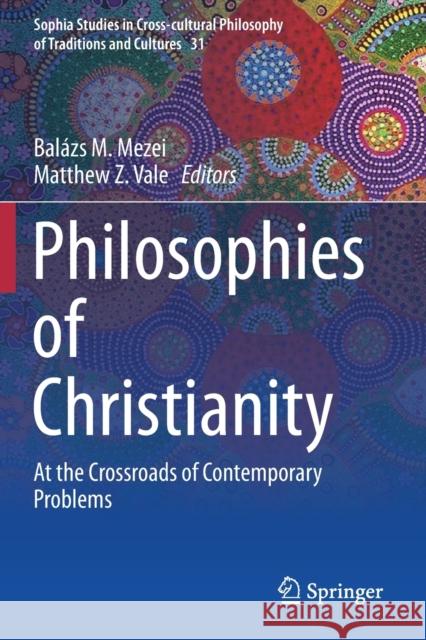Philosophies of Christianity: At the Crossroads of Contemporary Problems » książka
topmenu
Philosophies of Christianity: At the Crossroads of Contemporary Problems
ISBN-13: 9783030226343 / Angielski / Miękka / 2021 / 288 str.
Philosophies of Christianity: At the Crossroads of Contemporary Problems
ISBN-13: 9783030226343 / Angielski / Miękka / 2021 / 288 str.
cena 342,95
(netto: 326,62 VAT: 5%)
Najniższa cena z 30 dni: 327,68
(netto: 326,62 VAT: 5%)
Najniższa cena z 30 dni: 327,68
Termin realizacji zamówienia:
ok. 22 dni roboczych.
ok. 22 dni roboczych.
Darmowa dostawa!
Kategorie:
Kategorie BISAC:
Wydawca:
Springer
Seria wydawnicza:
Język:
Angielski
ISBN-13:
9783030226343
Rok wydania:
2021
Wydanie:
2019
Numer serii:
000450980
Ilość stron:
288
Waga:
0.42 kg
Wymiary:
23.39 x 15.6 x 1.6
Oprawa:
Miękka
Wolumenów:
01
Dodatkowe informacje:
Wydanie ilustrowane











